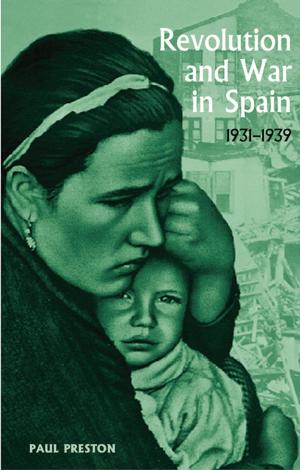| Author: | Anette Ballinger | ISBN: | 9781317169833 |
| Publisher: | Taylor and Francis | Publication: | July 1, 2016 |
| Imprint: | Routledge | Language: | English |
| Author: | Anette Ballinger |
| ISBN: | 9781317169833 |
| Publisher: | Taylor and Francis |
| Publication: | July 1, 2016 |
| Imprint: | Routledge |
| Language: | English |
This book is concerned with critically analysing the importance of the status of knowledge in establishing ‘truth’ about female defendants convicted of murder during the 20th Century. While the abolition of the death penalty in the UK has insured that the impact of this knowledge is no longer one of life and death, modern cases such as that of Sally Clark, whose guilty verdict was eventually overturned, nevertheless demonstrate the devastating impact that those with the power to define the 'truth' still have on the lives of individuals who are unable to construct a dominant truth of their own during their trials.
Using the key themes of truth, gender and power, the book also focuses on agency and rationality in relation to female criminality, masculinity and miscarriages of justice. Challenging official discourse which historically has incorporated entrenched constructions of women who kill as mad, bad or tragic victims, this book argues for the creation of new subject positions and alternative discourses within which female violence can be understood.
This book is concerned with critically analysing the importance of the status of knowledge in establishing ‘truth’ about female defendants convicted of murder during the 20th Century. While the abolition of the death penalty in the UK has insured that the impact of this knowledge is no longer one of life and death, modern cases such as that of Sally Clark, whose guilty verdict was eventually overturned, nevertheless demonstrate the devastating impact that those with the power to define the 'truth' still have on the lives of individuals who are unable to construct a dominant truth of their own during their trials.
Using the key themes of truth, gender and power, the book also focuses on agency and rationality in relation to female criminality, masculinity and miscarriages of justice. Challenging official discourse which historically has incorporated entrenched constructions of women who kill as mad, bad or tragic victims, this book argues for the creation of new subject positions and alternative discourses within which female violence can be understood.















